I think that the key fact is that the traditional Maxwellian electromechanical (EM) wave interfering with itself after traveling…
Select :
asteroid collisionasteroidsastronomical distance scalesatomsbig bangblack holesbright lights in the skybrown dwarfcareerscelestial eventschecker cabscometsconstellationscosmic distancescosmic microwave backgroundcosmic rayscosmologydark energydark matterdwarf planeteartheclipseeclipticeducationexoplanetsexpansion of the universegalaxiesgeneral relativitygravitational lensgravity wavesGreat Red SpotHoaxesHubble Space Telescope (HST)Interferometerinterferometryinterstellar moleculesionosphereJupitermagnetarsmarsmeteorsMH370milky wayMilky Way Galaxymoleculesmoonmoonsneutron starneutron starsNibirunight skyparallaxphysicsplanetsplutoproperties of lightPtolemypulsarsquasarsradar astronomyRadio Astronomyradio frequency interferenceradio interferometersradio recombination line emissionRadio TelescopeSatellite DishSchwarzschild Radiusscientific methodsearch for extraterrestrial intelligenceSETIsolar systemspace probesspacecraftstar formationstarssunsupernovasupernova remnantssupernovaetelescopestime dilationTrans Neptunian Objectstwin paradoxunexplained celestial observationsVenusVery Large ArrayVery Long Baseline Array (VLBA)Voyager 1weather

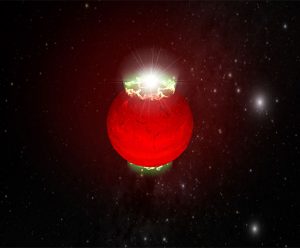
Can the Northern Lights Be Observed During a Summertime Solar Eclipse
The Northern Lights (Aurora Borealis/Australis) are only visible at night (or, strictly speaking, when the Sun is not up…
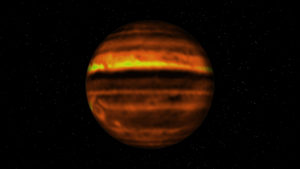
Is Jupiter a Failed Star?
It would be an exaggeration to call Jupiter a failed star as its mass is far from being large…
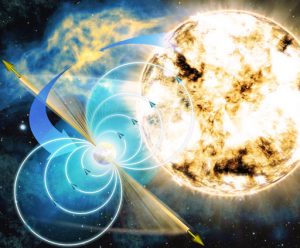
Proton-Proton Cycle Question: Why is the Mass of a Helium Nucleus Less Than the Sum of Four Hydrogen Nuclei?
Let’s do the calculation using atomic mass units (u) for the Hydrogen and Helium atoms involved. H = 1.00784…
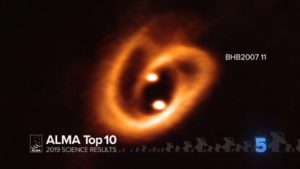
Can a Planet Orbit One Star in a Binary Star System?
Yes. Planets that orbit a single star in a binary star system are called “non-circumbinary planets”. In general, a…
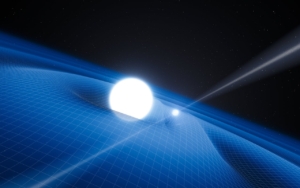
Does the Precession of the Earth’s Orbital Axis Affect Earth’s Seasons?
The precession of the Earth’s orbital axis, with a period of about 26000 years, slowly changes the position of…





